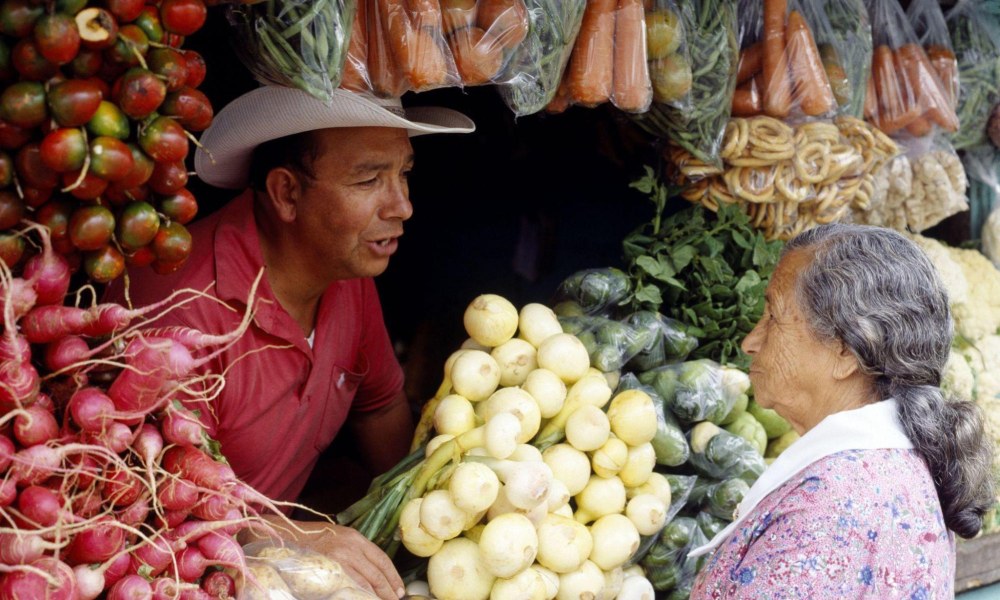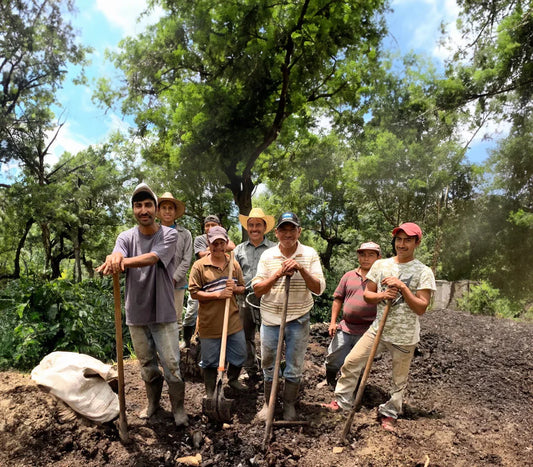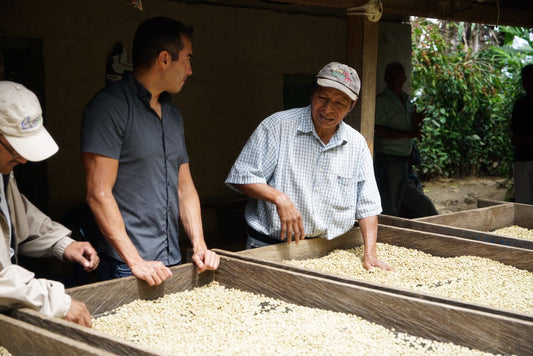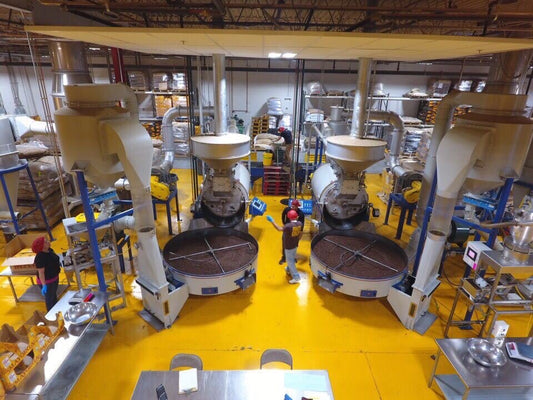
Nicoya Peninsula: Costa Rica’s Blue Zone Where Centenarians Are the Norm
Individuals in the Costa Rican region of Nicoya are living past the age of 100, and the average life span is 85, beating that of The United States by 8 whole years! So, what’s their secret?
With a new year, come new resolutions, many of them focusing on prosperity, health, and longevity.
But, nestled in various corners of the globe, there are places whose inhabitants naturally have superior health and live well beyond the global average – no resolution needed.
Known as "Blue Zones", these hotspots of longevity are characterized their unusually high concentration of centenarians (people who live to 100 years or older).
This is typically thanks to a combination of genetic, environmental, and lifestyle factors, although the precise reasons for such a long average life expectancy still remains a mystery.

There are only five recognized Blue Zones around the world: Sardinia in Italy, the island of Okinawa in Japan, Loma Linda in California, the island of Icaria in Greece, and the Nicoya Peninsula in Costa Rica.
Nicoya: A Day in the Life of a Centenarian
Don Dámaso Mendoza is from the Nicoya peninsula in northwestern Costa Rica. At 102, he doesn’t stand out – more than 40 centenarians live in the area and in 2020 it was home to the highest number of centenarians in the world.
While most people his age would expect to be living a sedate, sedentary lifestyle, Don Dámaso is quite the opposite. His favorite pastimes include riding his horse and keeping up with his grandchildren and great-grandchildren. In fact, he says he continues to live his life much as he always has.
“To be honest, not much has changed in my routine. It’s true I can't dance quite like I used to, but I’m still able to walk and feed myself; I remember the names of all my children, and I can still saddle Candelita, my mare. I feel very grateful for that.”
This grateful attitude is common among people in Nicoya. Many of the longest-living residents don’t believe they’re doing anything special or different to anyone else – they just take each day as it comes.
“It's a way of life,” Don Dámaso says. “Here, life goes by slowly, we’re not in any hurry. The field is our best friend, we learn to read the signs of nature.
“We trust the sun to take care of our animals and we know how to interpret when the rain will come to feed our crops. We raise our children patiently, teaching them things that they will only learn at home. We cook and prepare what we ourselves harvest. And we laugh a lot!”
I observe Don Dámaso as he speaks, and I notice the truth behind his words. His wrinkled hands grip his white trilby hat, and his toothless grin doesn’t fade for one moment as he describes his bucolic lifestyle.
Growing Up in Nature
Despite his age, Don Dámaso still has a remarkable memory. Although he doesn’t remember the exact day he was born, he recalls vivid memories of his childhood growing up on the Nicoya peninsula in the 1920s and 30s.
“I still remember some things,” he says. “The world has changed a lot. When I was young the rivers had more water and the sun was not so hot. We could swim fearlessly, accompanied by fish that abounded in the rivers.
“People were good-natured, we could trust each other. I really liked to dance, and at that time we used to meet in the plazas to dance and socialize.”
It’s not surprising that a century later, the world has changed. The Nicoya peninsula itself has become an increasingly popular tourist destination thanks to its nature reserves, quaint beach towns, and stellar surf breaks. And, of course, the fact it’s one of the world’s few known Blue Zones also sparks curiosity in people from afar.
How to Live a Long Life
Having seen young visitors to the peninsula and watched his own grandchildren grow up, Don Dámaso has also seen the way that technology has impacted younger generations. With our smartphones a constant source of entertainment, work reminders, schedules, duties and appointments.
So, what advice does Don Dámaso have for the youth of today?
“They have to learn to take life slower,” he says. “They are running all the time, with their internet, their cell phones, and their modern gadgets. They no longer stop to breathe consciously, they no longer see the landscape, they don't just hang out with their friends, and they don't know where the food they eat comes from.
“Their life is gone before they realize it! They have to learn to be more patient.”
Before I leave his house, I promise to myself that I’ll put his advice into practice. Outside, in his neighborhood, I see the wood and clay ovens through the little hut windows, and women making corn tortillas at their own pace, smiling without haste – and I know that Don Dámaso is right. The secret to a long and healthy life is presence. So, if you’re reading this, here’s your sign to switch off your phone and get outside into nature.
Don Dámaso has sadly passed away since the writing of this article. He was 103.


